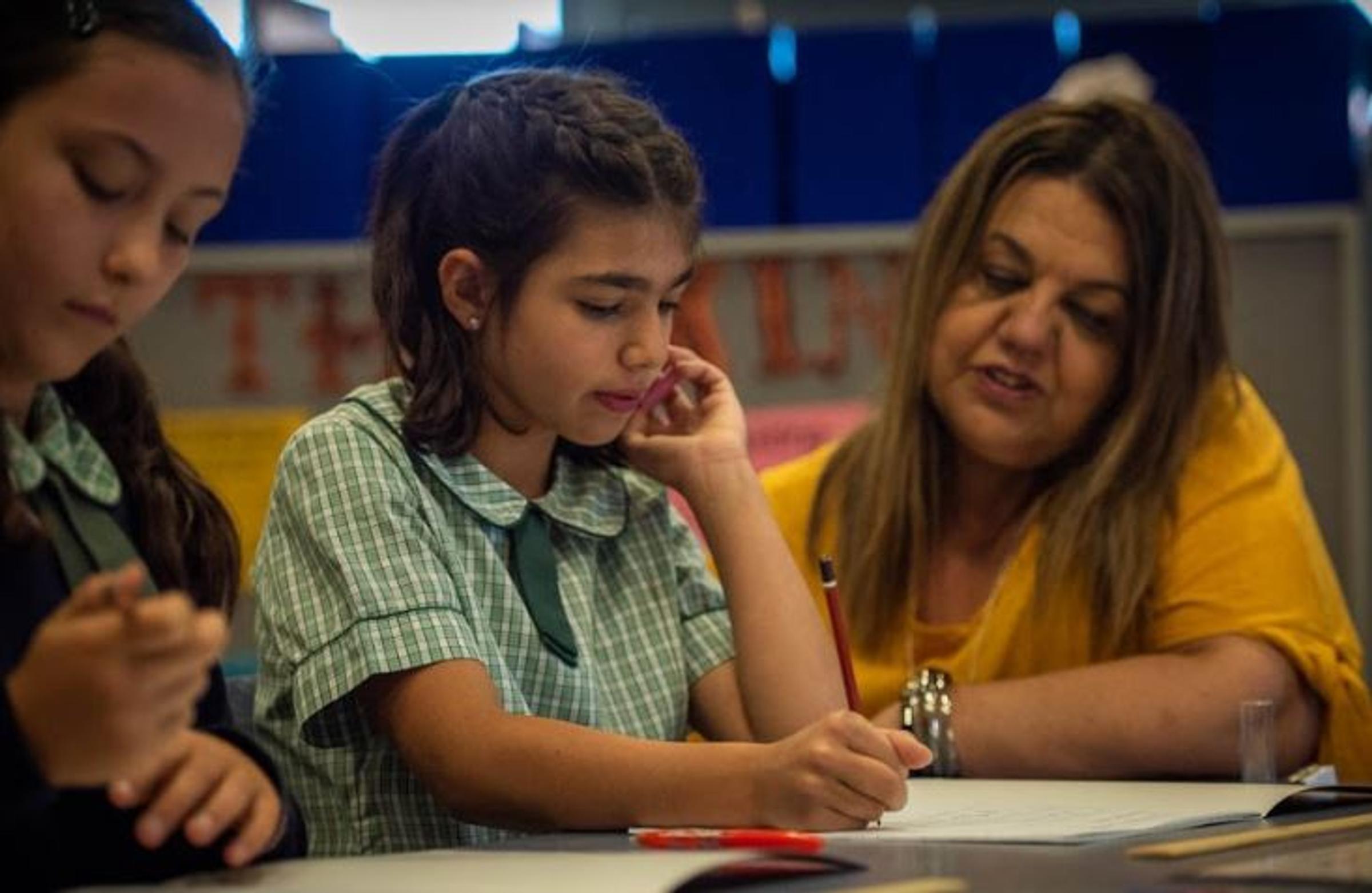Student Wellbeing
Student Wellbeing encompasses the following areas: Student Engagement, Student Connectedness, Classroom Climates, Inclusion and Prevention to Intervention

Student Wellbeing
Student Wellbeing encompasses the following areas: Student Engagement, Student Connectedness, Classroom Climates, Inclusion and Prevention to Intervention


What a joyful occasion it was at the Foundation and Year 6 Buddy Mass yesterday. There was a real sense of community as parents met and chatted, and buddies were introduced to each other’s family. Many thanks to the Year 6 students who wrote a heartfelt pledge/promise to their Foundation buddy. The Foundation students hugged on very tightly to their “Buddy Bear”. Thank you to the staff who were in attendance and supported the Mass and presentation. We are blessed at St Fidelis to have such an enthusiastic parent community. This has been very evident during Term 1, as Hot Food Days were organised, Easter raffles prepared, icy poles sold, second hand uniforms sold and the Colour Run extravaganza organised. Friday night was just a wonderful event for everyone associated with the St Fidelis community. Everyone deserves a well-earned break! Wishing everyone a safe and restful holiday. Happy Easter!
Under the Disability Discrimination Act 1992This link will open in a new window (DDA) and the Disability Standards for Education 2005This link will open in a new window (the Standards), Australian students with disability must be able to access and participate in education on the same basis as their peers. To ensure this, students with disability may receive adjustments to access education, based on the professional judgement of teachers, in consultation with the student and/or their parents, guardians or carers.
The Nationally Consistent Collection of Data on School Students with Disability (NCCD) gives Australian schools, parents, guardians and carers, education authorities and the community information about the number of students with disability in schools and the adjustments they receive. The Australian Education Regulation 2013 requires all schools to report the data collected for the NCCD to the Australian Government on an annual basis.
The NCCD collects data about school students with disability who are receiving adjustments across Australia in a consistent, reliable and systematic way. It enables schools, education authorities and governments to better understand the needs of students with disability and how they can be best supported at school.
From 2018, the student with disability loading provided by the Australian Government is based on the NCCD; schools will continue to manage their total resources to meet the learning needs of their students.
Data from the NCCD is used:
High level, de-identified information from the NCCD is used in national reporting to inform policy and program planning to support students with disability.
Student information provided to the Australian Government Department of Education and Training for the NCCD does not explicitly identify individual students. For example, student names or student identifiers are not provided.
The NCCD prompts schools to identify students with disability and to review their processes and practices. It records the adjustments already undertaken in schools to support students with disability to access and participate in education on the same basis as their peers.
Download the What is the NCCD? infographic This link will open in a new window (PDF).


You Can Do ItYou Can Do It (YCDI) is a Social and Emotional Program used by St Fidelis’ Primary School to promote the social-emotional wellbeing and achievement of all students.YCDI's mission is to strengthen the five social and emotional skills and values (the '5 Keys') which all children need to manage their own learning, behaviour and emotional wellbeing including:* Confidence* Persistence* Organisation* Getting Along* ResilienceClick on the following links for resources to support teaching your child about Confidence, Persistence, Organisation, Getting Along and Resilience (pg 1, pg2).* All resources are copyright of You Can Do It Education Organisation.
Here is a short video to watch about Resilience.